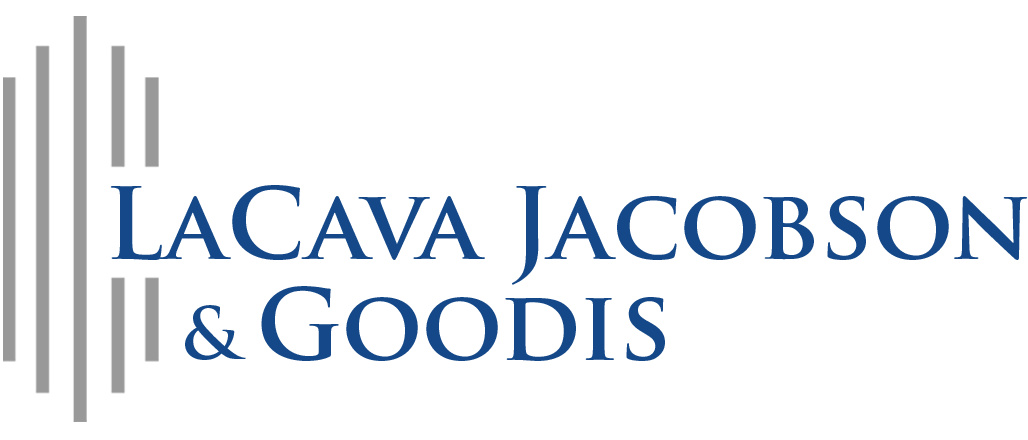Amendment 7
Patient’s Right to Know About Adverse Medical Incidents
On November 2, 2004, Florida voters passed Constitutional Amendment 7, also known as the “Patient’s Right to Know About Adverse Medical Incidents” Amendment. Thereafter, the Florida legislature attempted to apply guidelines and restrictions to Amendment 7 via Florida Statute §381.028. In Florida Hospital Waterman, Inc. v. Buster, 984 So. 2d 478 (Fla. 2008), the constitutionality of Florida Statute §381.028 was challenged, with the Florida Supreme Court holding that Amendment 7 was self-executing and that the terms were enforceable as of the date of passage. Importantly, the Florida Supreme Court held that Amendment 7 did not violate the hospitals’ due process rights and that several provisions in Florida Statute §381.028 violated Amendment 7.
Thereafter, courts have been called upon to interpret the scope of Amendment 7. In Columbia Hosp. Corp. of S. Broward v. Fain, 16 So. 3d 236 (Fla. 4th DCA 2009), the court held that the disclosure of adverse incident reports did not impair contracts between hospitals and doctors, which generally provide for confidentiality of peer review proceedings. In Morton Plant Hosp. Ass’n, Inc. v. Shahbas ex rel. Shahbas, 960 So. 2d 820 (Fla. 2d DCA 2007), the court defined “patients” to include active, prospective and previous patients, thus allowing broader discovery of adverse medical incidents. In Benjamin v. Tandem Healthcare, Inc., 998 So. 2d 566 (Fla. 2008), the Florida Supreme Court held that a plaintiff did not have the right to obtain adverse medical incident reports from a nursing home. Finally, in West Fla. Reg’l Med. Ctr., Inc. v. See, 18 So. 3d 676 (Fla. 1st DCA 2009), the court held that effective peer review is not hampered by Amendment 7, and that Amendment 7 was not preempted by federal law.
In some instances, however, the discovery of information is not permitted. For example, courts have upheld statutory protection of information contained in a physicians’ credentialing or re-credentialing file. See West Fla. Reg’l Med. Ctr., Inc. v. See, 18 So. 3d 676 (Fla. 1st DCA 2009); Morton Plant Hosp. Ass’n, Inc. v. Shahbas ex rel. Shahbas, 960 So. 2d 820 (Fla. 2d DCA 2007). The Morton Plant court also held that the disclosure of general policies and procedures for peer review or risk management committees that do not contain adverse medical incident information was not permitted. Finally, if an attorney’s opinions and/or theories of defense are contained within materials, courts have held that the work product doctrine may prevent disclosure. Fla. Eye Clinic, P.A. v. Gmach, 14 So. 3d 1044 (Fla. 5th DCA 2009). Importantly, attorney participation without more will not prevent disclosure. Courts have held that where an attorney does not provide opinions or theories, he is serving as a conduit of factual information which could have been obtained without his involvement. Thus, obtaining an attorney’s opinions and theories at the initial stages of the process is imperative to lay the groundwork for utilizing the protections of the work product doctrine.



 litigation and appeals in all Florida state and federal courts.
litigation and appeals in all Florida state and federal courts.